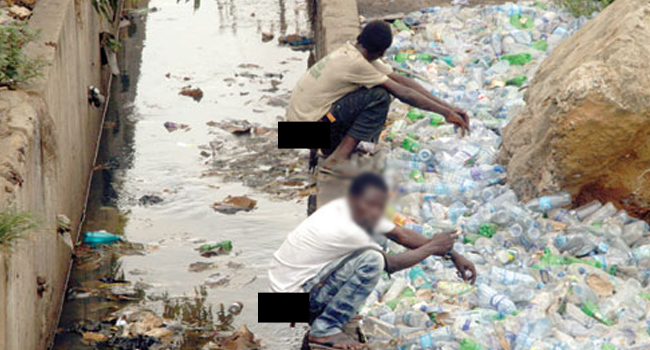
Vice President Kashim Shettima inaugurated the Steering Committee for the “Clean Nigeria: Use the Toilet” Campaign at the Presidential Villa in Abuja on Thursday. In his address, Shettima highlighted the 2018 Water and Sanitation Hygiene national outcome, which revealed that approximately 47 million Nigerians, or 23 percent of the population, engage in open defecation.
Shettima emphasized the importance of mobilizing strategic stakeholders, leveraging technology, and deploying innovative solutions to enhance the nation’s sanitation landscape. He underscored the significance of hygiene and health on development and wealth, urging the committee to align with broader government priorities in poverty reduction, education, and economic growth.
Referring to recent cholera outbreaks, Shettima directed the committee to develop solutions for wastewater management, contaminated water sources, and open defecation. He expressed confidence in the committee’s commitment to research-driven approaches and stressed the need for a collective resolve to embrace behavioral change and prioritize proper sanitation practices.
Shettima also called for public and private sector collaboration, highlighting the role of technology in real-time monitoring, data collection, and impact assessment. He noted the importance of involving youth and women in driving change and urged the committee to address challenges related to climate change, urbanization, and population growth.
The Coordinating Minister of Health and Social Welfare, Prof. Muhammad Ali Pate, highlighted the Federal Executive Council’s recent establishment of a cabinet committee to tackle the cholera epidemic affecting 33 states, emphasizing the role of open defecation in driving the outbreak. Pate cited Jigawa State as a successful example of achieving open defecation-free status.
Minister of Water Resources and Sanitation, Prof. Joseph Terlumun Utsev, presented the report on the “Clean Nigeria: Use the Toilet Campaign,” detailing its challenges and successes since its inception in 2016 and official launch in 2019. The campaign aims to eradicate open defecation in Nigeria by 2025 and mobilize national and sub-national support and resources. The report called for a review of the 2016 roadmap and additional funding to achieve its goals, with an emphasis on constructing toilets at both rural and urban levels.
The minister requested support from the Ministries of Finance and Justice to ensure the campaign’s success.